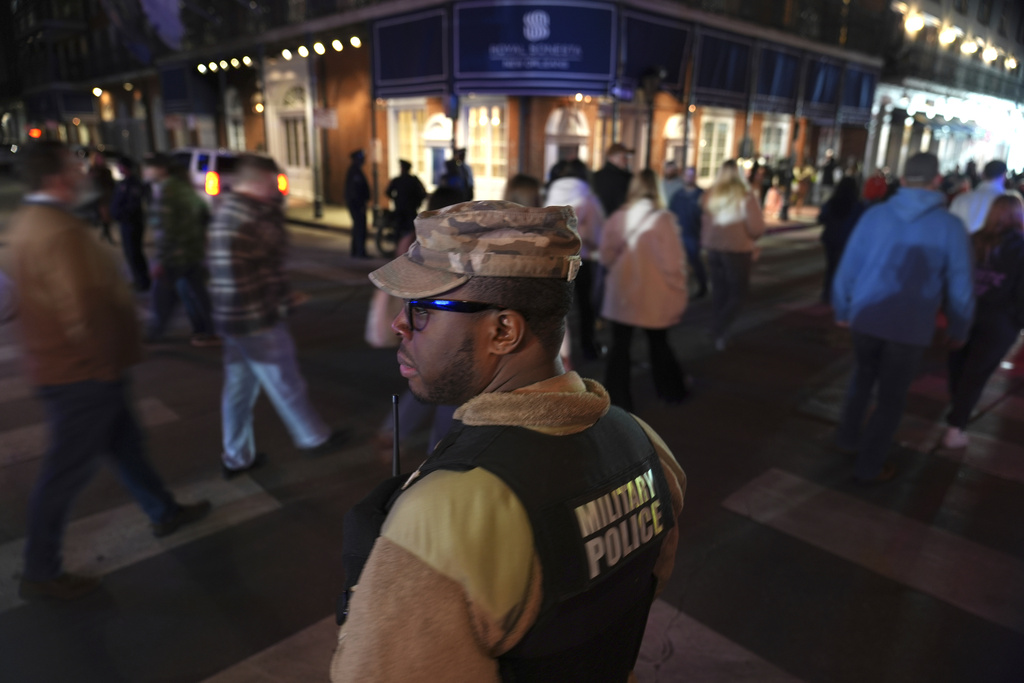“We need major U.S. companies representing the major share of US steelmaking capacity to keep leading the fight on behalf of America’s national interests,” Biden said in a Friday morning statement.
His decision comes after the Committee on Foreign Investment in the United States, known as CFIUS, failed to reach consensus on the possible national security risks of the deal last month, and sent a long-awaited report on the merger to Biden who had 15 days to reach a final decision.
The committee, chaired by Treasury Secretary Janet Yellen and made up of other Cabinet members, can recommend that the president block a transaction, and federal law gives the president that power.
A U.S. official familiar with the matter, who spoke on condition of anonymity, told The Associated Press last month that some federal agencies represented on the panel were skeptical that allowing a Japanese company to buy an American-owned steelmaker would create national security risks.
The decision, which comes just weeks before the Democratic president is set to leave office, could potentially damage relations between the U.S. and Japan, which is America’s biggest ally in Asia. Japan is also the largest foreign holder of U.S. debt.
President-elect Donald Trump has also opposed the acquisition and vowed in December on his Truth Social platform to block the deal and to use tax incentives and tariffs to grow the company. Steelworkers’ union President David McCall said last month that the union welcomed Trump’s opposition to the sale and said “it’s time for this deal to be rejected so we can all focus on the future.”
Nippon Steel announced in December that it planned to buy the Pennsylvania steel producer for $14.1 billion in cash — and despite committing to keep the U.S. Steel name and Pittsburgh headquarters — its proposal raised concerns about what the transaction could mean for unionized workers, supply chains and U.S. national security.







